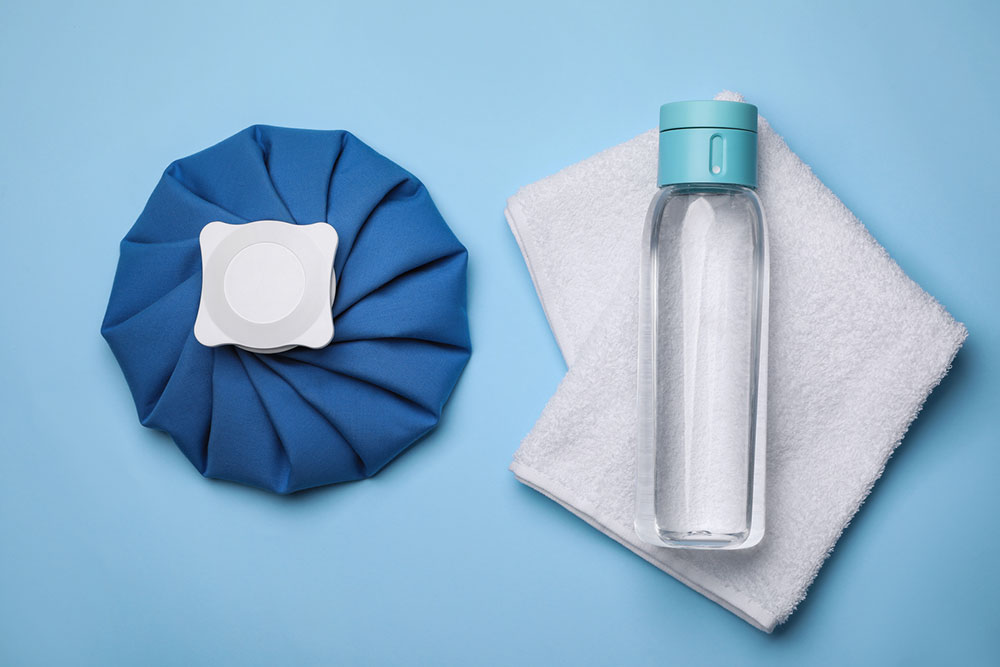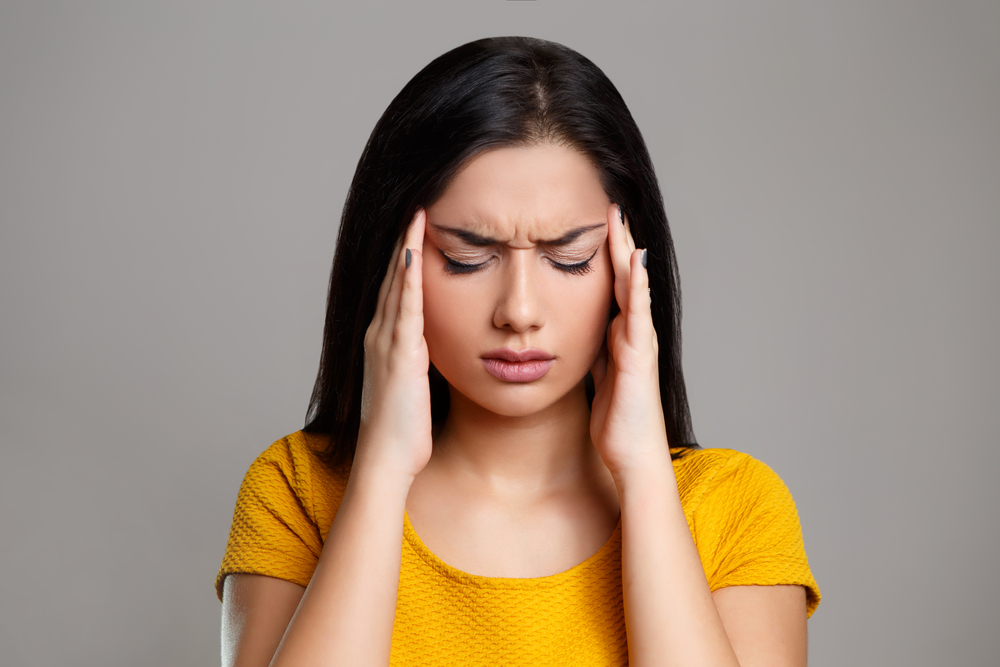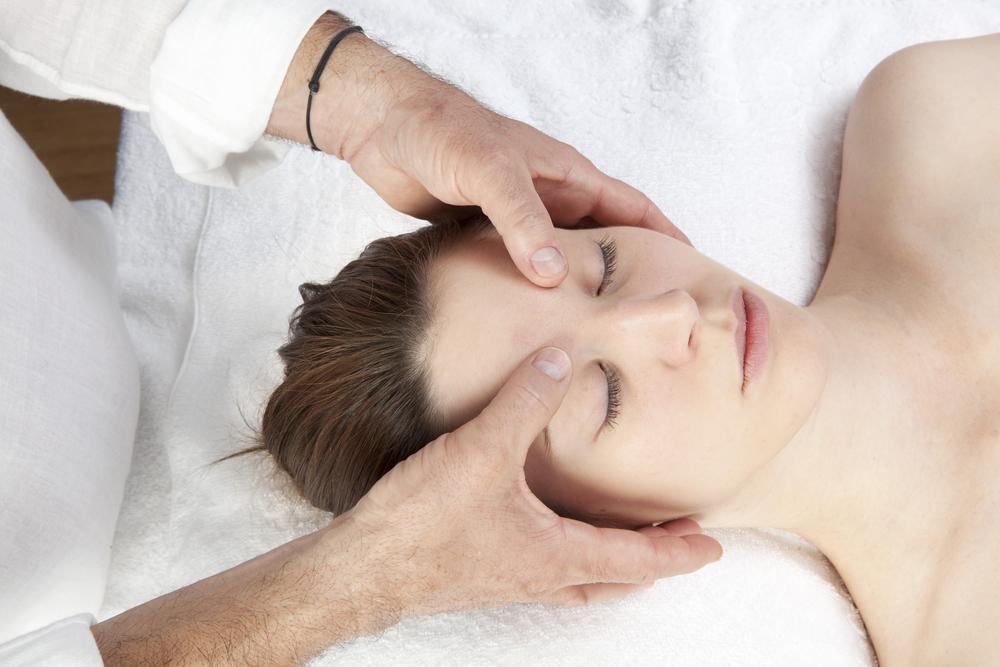Comprehensive Guide to Managing and Preventing Migraine Attacks Effectively
This comprehensive guide explores effective strategies for managing migraines, emphasizing medication, diet, lifestyle changes, and stress management to reduce attack frequency and severity. It highlights the importance of tailored treatment plans and proactive lifestyle habits to improve quality of life for migraine sufferers.

Comprehensive Strategies for Managing and Preventing Migraine Attacks
Migraines are a common neurological disorder that affects millions of people globally, characterized by intense, often debilitating pain typically localized to one side of the head. This pain is frequently accompanied by symptoms such as nausea, sensitivity to light and sound, fatigue, and sometimes vomiting. In the United States alone, over 39 million individuals suffer from migraines, making it the third most prevalent neurological disorder worldwide. Although there is currently no definitive cure for migraines, individuals can significantly reduce the frequency and severity of episodes through a combination of medication management, lifestyle changes, dietary adjustments, and stress reduction techniques. This comprehensive guide provides vital insights into effective strategies for managing migraine episodes and improving quality of life.
1. Seeking Appropriate Medical Treatment
Effective management begins with consulting healthcare professionals who can recommend appropriate medications tailored to individual needs. Over-the-counter options like Excedrin® are widely used for their anti-inflammatory properties, helping to decrease swelling and relieve headache pain. Prescription medications such as Nurtec® ODT offer rapid relief, often providing symptom alleviation within two hours of ingestion. Ubrelvy®, a medication targeting calcitonin gene-related peptide (CGRP) receptors, is specifically designed for acute migraine attacks, reducing symptoms swiftly. Additionally, Qulipta® is beneficial for individuals experiencing episodic migraines, as it works by blocking the triggers that lead to headache development. It’s essential to follow prescribed treatment plans and regularly review medication efficacy with your healthcare provider to optimize control over migraine episodes.
2. Nutritional and Dietary Modifications
Dietary habits play a pivotal role in migraine management. Consuming specific foods and beverages can help prevent or lessen the severity of attacks. Including bananas, black beans, and water-rich fruits such as watermelon and oranges in your diet can help maintain hydration levels and stabilize blood sugar, both of which are critical in reducing migraine triggers. Magnesium-rich foods like spinach, avocados, pumpkin seeds, and flaxseeds are also recommended, as magnesium deficiency has been linked to increased migraine susceptibility. Beverages containing caffeine, such as tea and moderate coffee intake, can provide quick relief during migraine episodes by constricting blood vessels and reducing pain. However, it’s important to avoid excessive caffeine consumption, which can paradoxically trigger migraines or cause rebounds. Maintaining a consistent eating schedule and avoiding known dietary triggers like processed foods, aged cheeses, and artificial sweeteners can greatly improve symptom control.
3. Lifestyle Adjustments for Migraine Prevention
Implementing lifestyle modifications is vital for long-term migraine management. Ensuring regular sleep patterns—going to bed and waking up at consistent times—helps stabilize neurological functions and reduces stress, which is a common trigger. Adopt a routine of moderate exercise such as walking, yoga, or swimming to enhance blood circulation and reduce stress levels. Maintaining an active lifestyle can significantly decrease the frequency of migraine attacks. Additionally, keeping a headache diary to track the frequency, duration, and potential triggers of episodes allows healthcare providers to customize treatment plans more effectively. Incorporating stress management techniques such as yoga, meditation, deep breathing exercises, and mindful relaxation can lower cortisol levels and improve mental health. Good posture, ergonomic work setups, and taking regular breaks during long periods of sitting also minimize musculoskeletal triggers linked to migraines. These lifestyle habits collectively contribute to better overall health and fewer headache episodes.
4. Stress Management and Environmental Controls
Stress is one of the most significant migraine triggers. Developing stress management strategies is essential for reducing attack frequency. Techniques like mindfulness meditation, progressive muscle relaxation, and guided imagery can help calm the nervous system. Engaging in hobbies and activities that promote mental well-being is equally beneficial. Limiting exposure to bright lights, loud noises, and strong odors in the environment can also reduce triggers. Creating a quiet, dark, and cool resting space provides relief during a migraine attack. Hydration plays a crucial role; maintaining adequate fluid intake prevents dehydration, a known trigger. Additionally, managing work-related stress through organization, time management, and setting boundaries can prevent stress-induced migraines. If stress or environmental factors are identified as persistent triggers, discussing them with healthcare providers can lead to further tailored strategies to safeguard your health.
In conclusion, while migraines remain a challenging neurological disorder without a cure, a combination of medical treatment, dietary management, lifestyle adjustments, and stress reduction techniques offers a powerful approach to controlling symptoms. Regular consultation with healthcare professionals, attentive monitoring of triggers, and commitment to healthy habits can significantly improve sufferers' quality of life. Empowering oneself with knowledge about migraine management is the first step toward living a more comfortable, migraine-free life.





